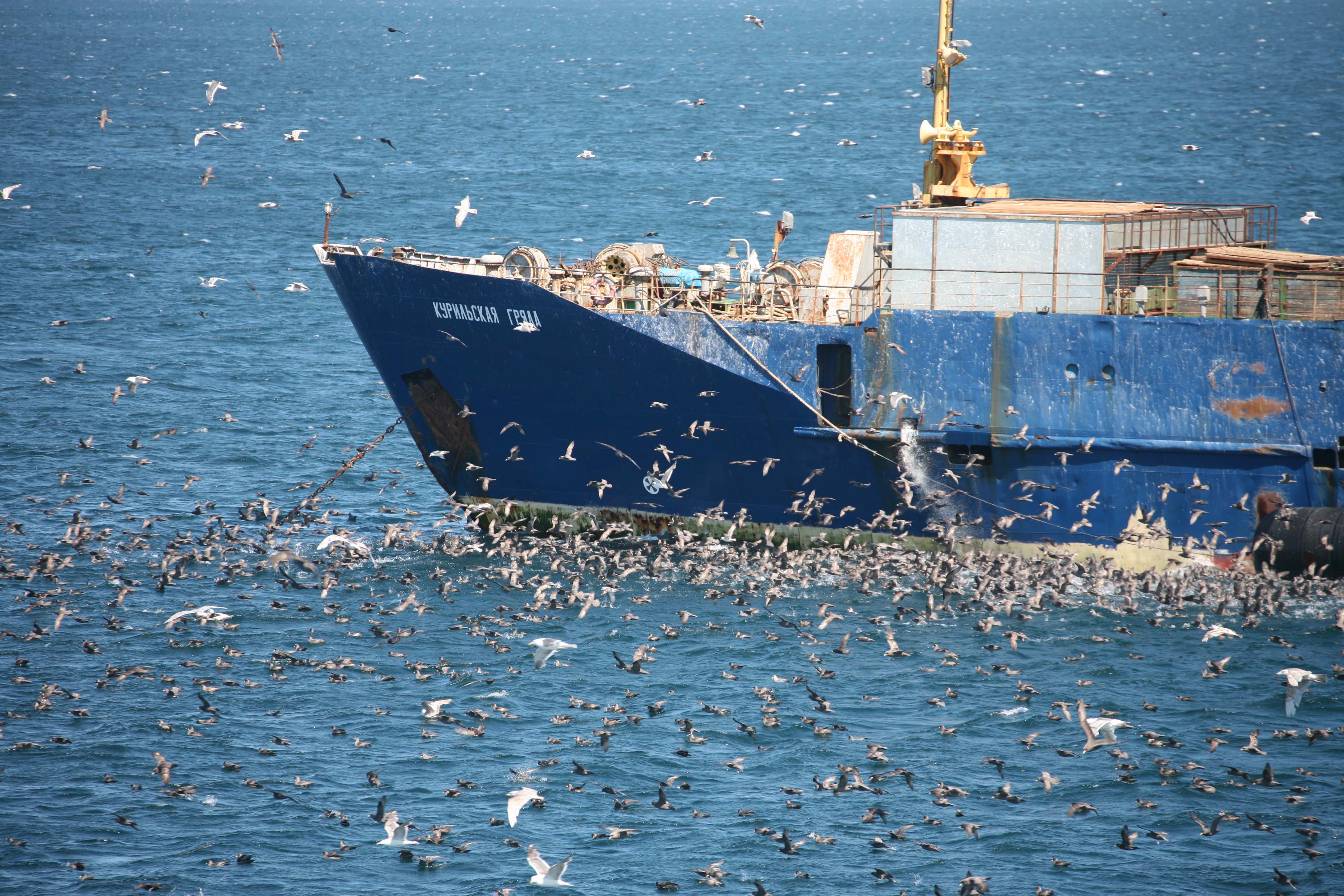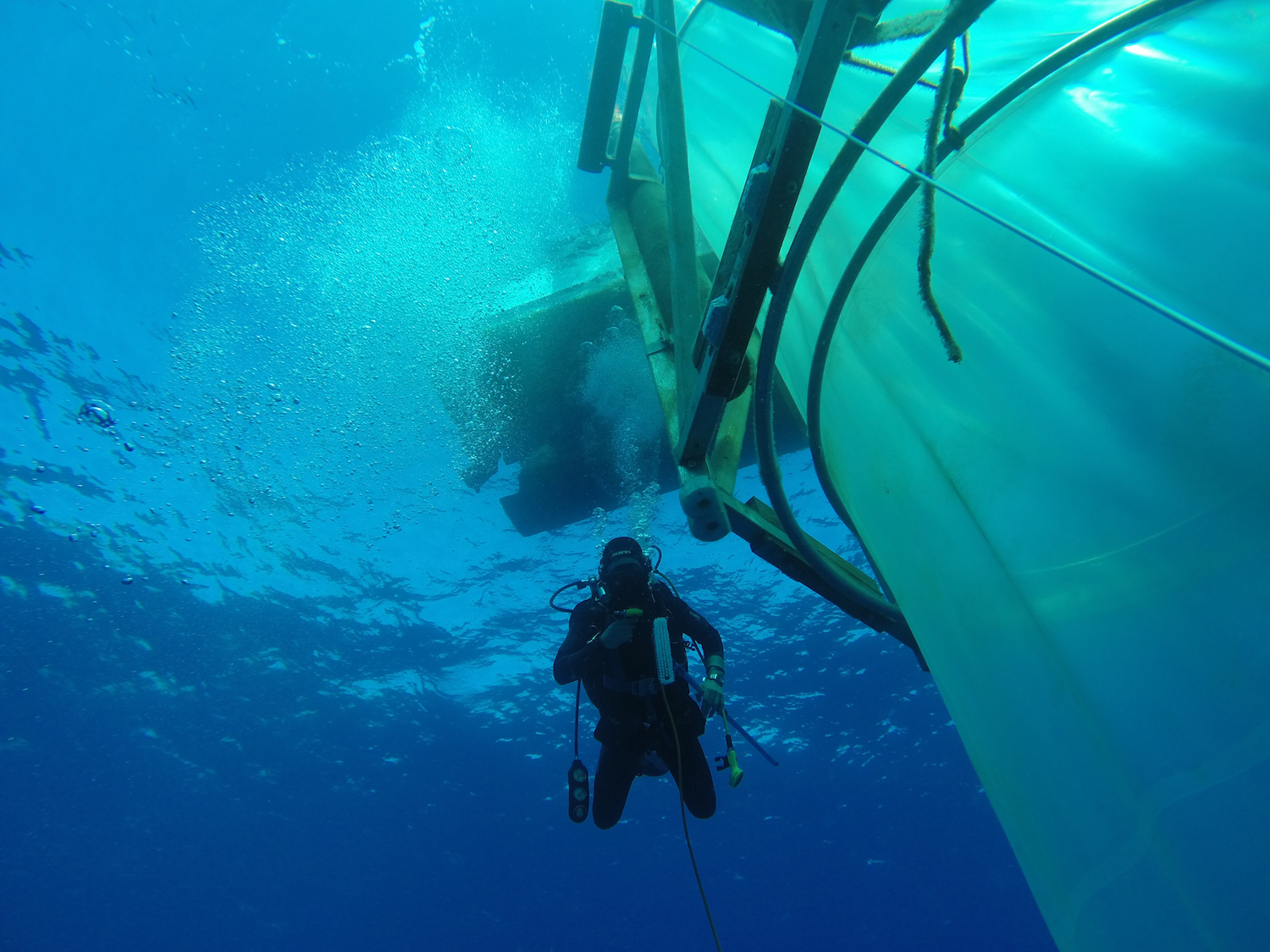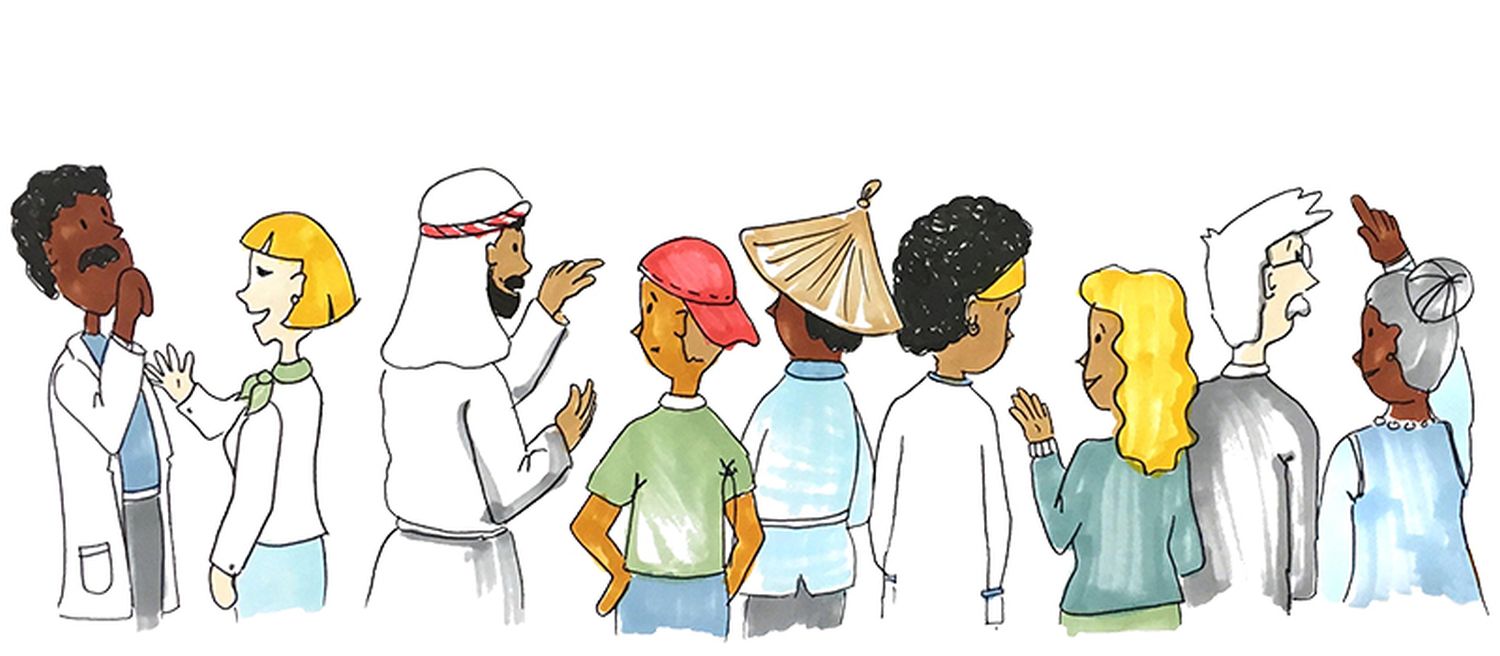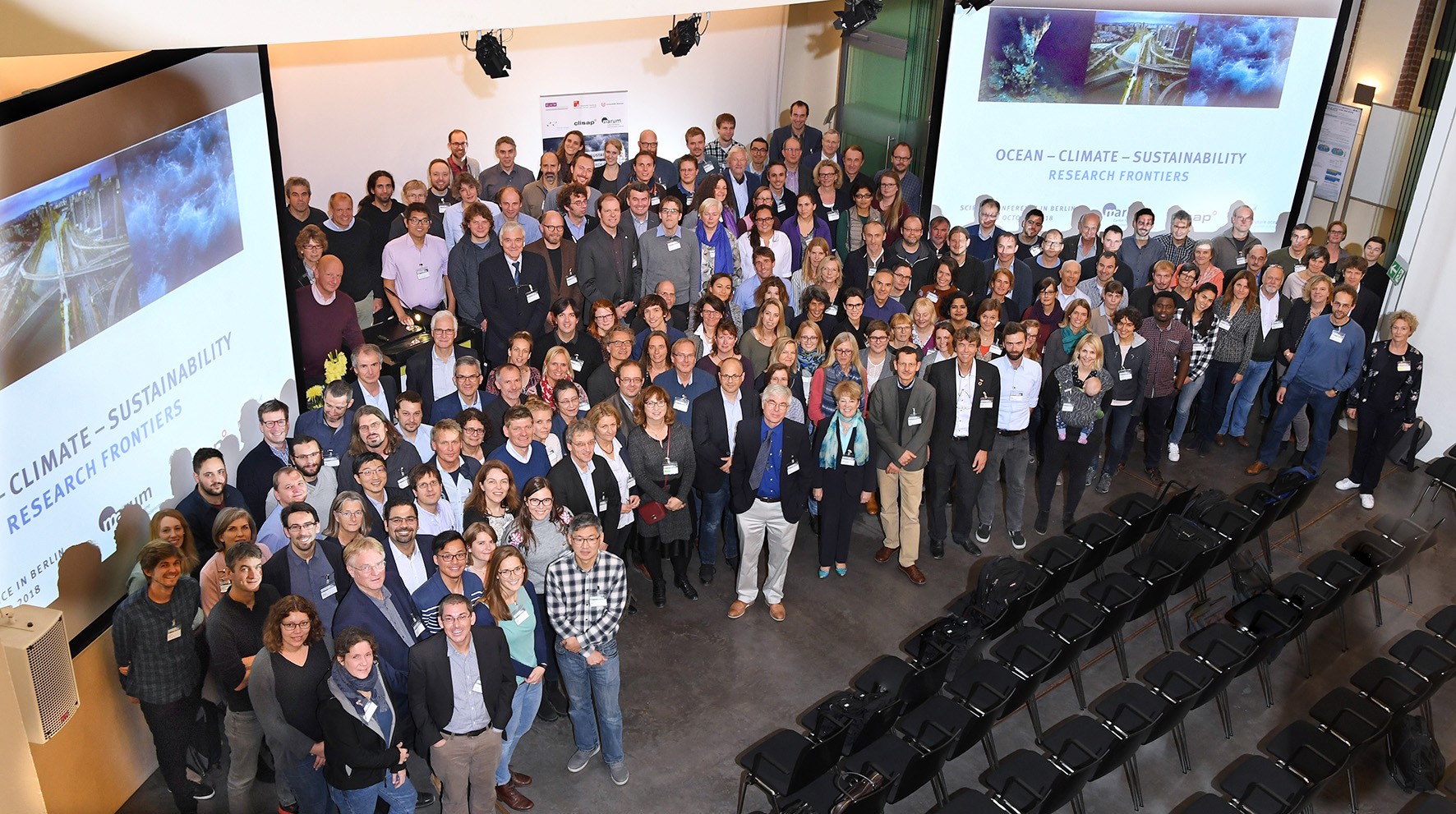On May 1st 2018 a new 4-years EU project kicked-off: PANDORA. The project consortium is made up of 25 international partners, and it unites marine scientists (e.g. marine biologists, ecologists, geneticists, modellers and physical oceanographers), fisheries assessment scientists, economists, natural resource managers and partners from the industry (e.g. fishermen associations) to create a fully transdisciplinary project. The project aims to develop and apply decision support tools to guide ecosystem-based management of marine capture fisheries.
Dr. Rüdiger Voss & Dr. Jörn O. Schmidt, Environmental, Resource and Ecological Economics at Kiel University, lead one of PANDORA's case studies, the Baltic Sea. The expert group will concentrate on the three most important stocks in the central Baltic Sea, i.e. Eastern Baltic cod, central Baltic herring as well as Baltic sprat, which are all strongly influenced by food web processes, density dependence, and environmental forcing. Furthermore, a new player in the system will be considered: round goby. The species shows a rapidly increasing range of distribution, with stock status, ecological consequences, as well as economic potential widely unknown. The close ecological interactions between the stocks call for multispecies management. In fact, the Baltic Sea was the first region to adopt multi-species, multi-annual management plans. So far, however, crucial information on (i) food web processes (e.g. involving round goby), (ii) environmental drivers, and (iii) density dependence still need to be introduced into assessments, in order to lift management quality to the next, ecosystem-based, level.
…



